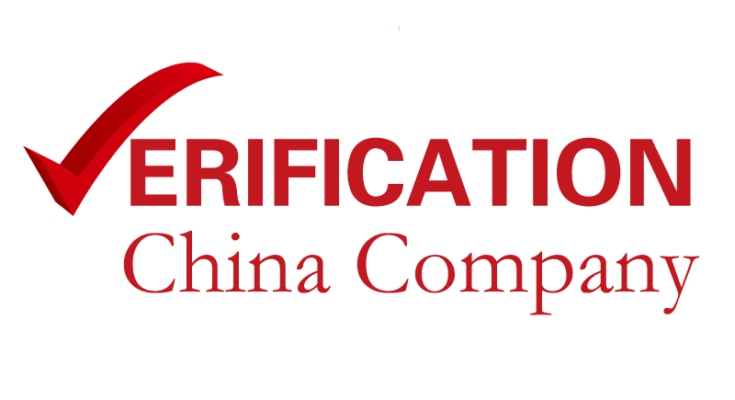Demystifying Chinese Company Verification: Everything You Need to Know
Introduction
As the world’s second-largest economy and a global manufacturing hub, China holds immense business opportunities for entrepreneurs and companies worldwide. However, conducting business in China comes with unique challenges, one of which is verifying the authenticity and credibility of Chinese companies. Chinese company verification is a critical step for anyone looking to engage in business partnerships, supply chain collaborations, or investment ventures in the country. In this article, we will delve into everything you need to know about the process of verifying Chinese companies, the tools available, and the potential pitfalls to watch out for.
Why Is Chinese Company Verification Important?
China’s rapid economic growth has led to a plethora of businesses popping up across various industries. While many of these enterprises are legitimate and trustworthy, others may not be what they claim to be. Instances of fraud, counterfeit products, or non-existent companies have raised concerns about the need for reliable verification processes. Here are some key reasons why Chinese company verification is vital:
- Mitigating Risks: Verifying a company’s authenticity helps mitigate potential risks associated with scams, counterfeits, and unethical business practices.
- Building Trust: For foreign businesses, verifying a Chinese company’s legitimacy builds trust and confidence in establishing long-term partnerships.
- Compliance and Due Diligence: Companies must comply with international standards and regulations, making verification an essential part of due diligence procedures.
Methods of Chinese Company Verification
- Official Government Sources: China has a centralized company registration system, and the most reliable way to verify a Chinese company is by accessing official government sources such as the State Administration for Market Regulation (SAMR) website or the National Enterprise Credit Information Publicity System (NECIPS).
- Business Licenses and Certificates: Request the Chinese company to provide copies of their business licenses, certificates, and tax registration documents. Cross-check this information with official government records.
- Physical Site Visits: When possible, conduct on-site visits to the company’s premises to confirm their existence and operations.
- Third-party Verification Services: There are various third-party verification services that specialize in investigating Chinese companies. These services often have access to official databases and can provide comprehensive reports.
- Online Platforms: Utilize online platforms like Alibaba, Made-in-China, or Global Sources, which offer some level of company verification. However, exercise caution as these platforms are not infallible.
Challenges and Pitfalls
While Chinese company verification is crucial, there are challenges and pitfalls to be aware of:
- Language and Cultural Barriers: Chinese official documents are typically in Mandarin, and understanding the local business culture can be challenging for foreigners.
- Incomplete Information: Some companies may have incomplete or outdated information in official databases, making verification less straightforward.
- Fraudulent Companies: Sophisticated scammers may still manage to deceive verification processes, so it’s essential to remain vigilant.
- Difficulty in Accessing Information: Some companies may be reluctant to share their full details or decline on-site visits, making verification more complicated.
Conclusion
Verifying Chinese companies is a crucial aspect of conducting successful and secure business dealings in China. It involves a combination of official government sources, third-party verification services, and personal due diligence. By employing these methods, businesses can mitigate risks, build trust, and comply with international standards.
Remember that no verification method is foolproof, and ongoing monitoring of business partners is essential. As China’s business landscape evolves, so do the verification techniques, making it vital for companies to stay up-to-date with the latest tools and strategies for Chinese company verification. Through diligence and careful assessment, businesses can unlock the vast potential that China offers while safeguarding against potential pitfalls.



